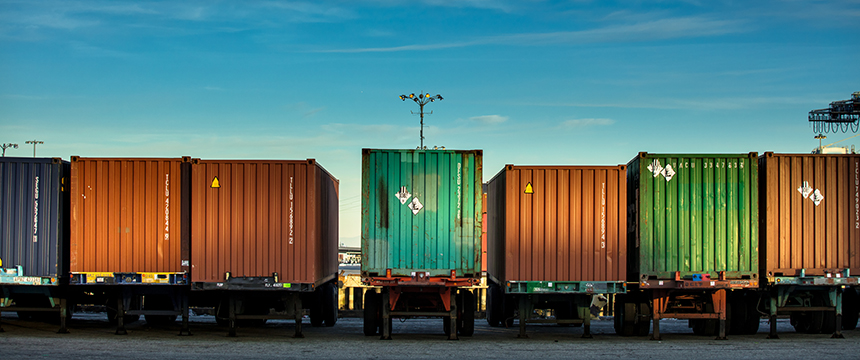The United States-Mexico-Canada Agreement is Now in Effect. How Concerned Should I Be?

The United States-Mexico-Canada Agreement (USMCA) entered into force July 1, 2020. You likely have heard that, depending on your company specifics, the Agreement would greatly affect -or not- the way you currently do business among the United States, Mexico and Canada; and now you are obliged to fully comply with it …
USMCA´s provisions –including the agreement, country-specific rules, and related instructions– are spread through thousands of pages but, fortunately, not all of them are relevant to your company. To help you acquire the necessary peace of mind that your company is USMCA compliant, here is a short quiz for you to do on your own.
| Claim | True | False |
| Harmonized Tariff System (HTS) classification numbers at the 6, 8 and 10-digit levels are all the same in Mexico and the US. | ||
| Rules of Origin remained the same in USMCA vs. NAFTA, with the exception of those applicable to motor vehicles. | ||
| Regarding compliance with USMCA Rules of Origin, as long as your products undergo a “tariff shift” you are OK. | ||
| Modified Rules of Origin for motor vehicles are not obligatory until a few years down the road. |
||
| Modified Rules of Origin for motor vehicles are only applicable to Original Equipment Manufacturers (OEMs) and not their part suppliers. | ||
| Even though there is a new USMCA Certificate of Origin format, your company can still rely on the old NAFTA format for a few months. | ||
| It is OK to use Chinese parts and components that would be subject to trade-war tariffs in the United States, as long as you process them in Mexico. | ||
| USMCA´s recordkeeping obligations rest exclusively on the certifier of origin, who must produce the necessary information to their clients upon request. | ||
| Labor content requirements are only applicable to OEMs, and autopart producers are completely off the hook. | ||
| U.S. Customs and Border Protection (CBP) officials are prohibited from enforcing USMCA provisions during its first 6 months in force. | ||
| An importer has up to 1 year to request a refund of import duty overpayments as long it holds that the relevant goods are originating. |
All of the statements above are False. If you answered “True” to any of them, or need to understand how the new USMCA requirements are applied, please contact Alejandro Gomez or Christopher Swift. Foley attorneys in the United States and Mexico bring decades of in-depth experience to these new challenges and stand ready to support your company.



